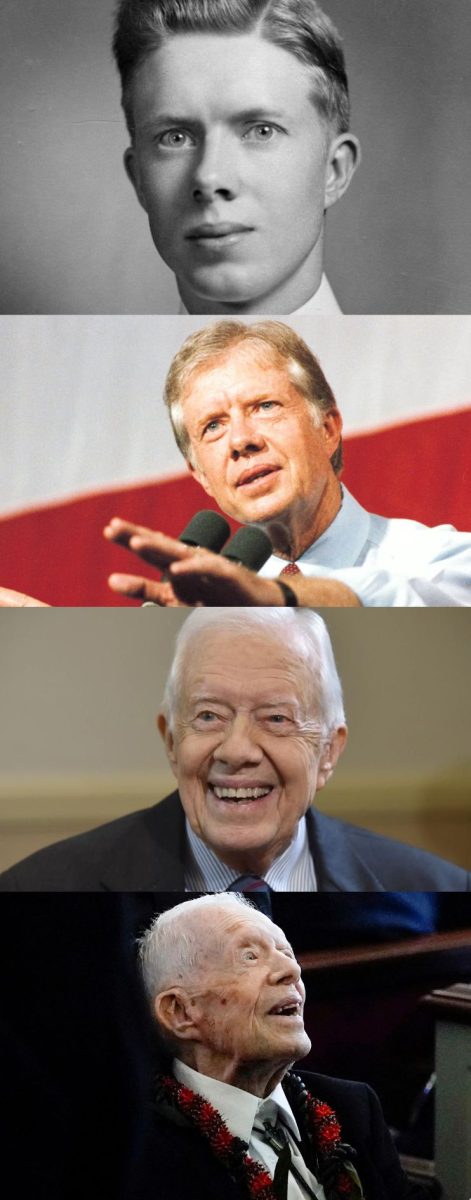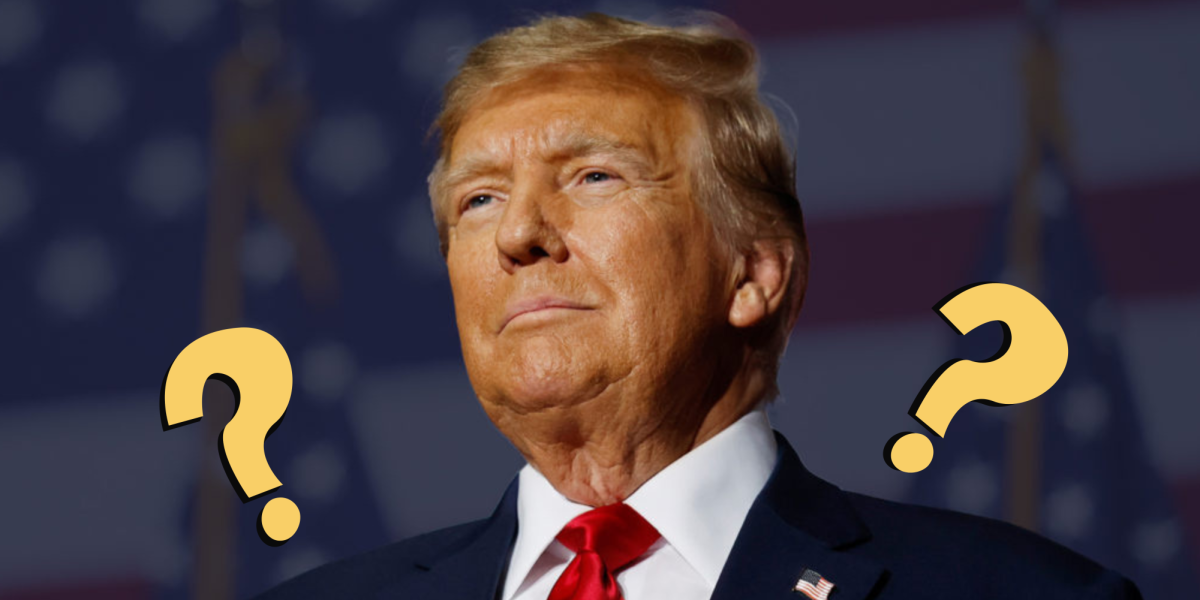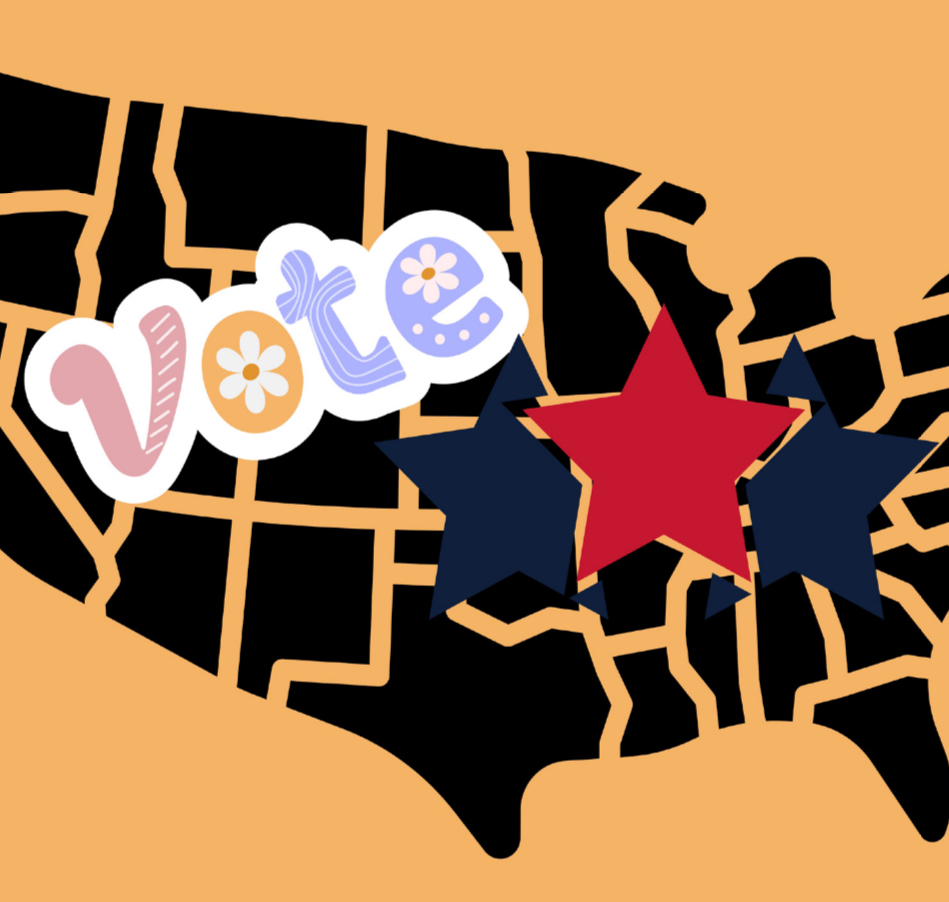President-elect Donald Trump has started announcing his selections to fill the positions of his cabinet and other major roles within his administration after he was officially declared the winner of the 2024 presidential election on Nov. 5.
At press time, Trump has announced his selections for a total of 21 federal positions, occupied by some of his staunchest allies and key advisers for his 2024 campaign.
In addition, the president-elect has also announced the creation of a new advisory commission called the Department of Government Efficiency, or DOGE, supposedly named in reference to the joke cryptocurrency “dogecoin.”
The department, set to be spearheaded by billionaire businessman Elon Musk and entrepreneur Vivek Ramaswamy, who dropped out as a candidate for the 2024 election in January. DOGE is intended to, as its name suggests, improve efficiency, potentially through large-scale layoffs and the elimination of certain departments in the federal government.
Additionally, Trump has selected Sen. Marco Rubio for secretary of state, Tom Homan for “border Czar” in charge of overseeing borders and limiting illegal immigration, Robert F. Kennedy Jr. for secretary of Health and Human Services, former U.S. Rep. Tulsi Gabbard for director of National Intelligence; U.S. Rep. Elise Stefanik for UN ambassador and South Dakota Gov. Kristi Noem for secretary of Homeland Security.
Trump’s selections also include Lee Zeldin for environmental protection agency; Mike Huckabee for ambassador to Israel, U.S. Rep. Mike Waltz for national security adviser, Susie Wiles and Stephen Miller for chief of staff and deputy chief of staff, respectively, John Ratcliffe for CIA director, Pete Hegseth for defense secretary, Dean John Sawyer for solicitor general, Brendan Carr for FCC chairman; Doug Collins for secretary of veteran affairs, North Dakota Gov. Doug Burgum for interior secretary, Sean Duffy for transportation secretary Chris Wright for energy secretary and Howard Lutnick for commerce secretary.
Trump’s cabinet and administration selections so far paint a vivid picture of the policies that will define his upcoming term. For example, the selection of Kennedy and Homan, both highly conservative and staunchly restrictive in their respective fields of health and immigration, suggest that Trump’s second and final term may push back even farther on the progressive agenda of the current Democratic administration.
All selections are pending approval from the Senate, which is projected to be Republican-controlled and possibly with a Republican-controlled House to help usher his picks through.
Additionally, Trump called for a majority leader to allow for recess appointments in the event that his candidates fail to pull through in the Senate. For context, the Recess Appointments Clause in the Constitution allows the president to make temporary appointments for positions when Congress is not in session. So, if Congress adjourns as per Trump’s demands after he takes office in January, his personnel would be allowed to take their positions without a justified vote within the Senate.







